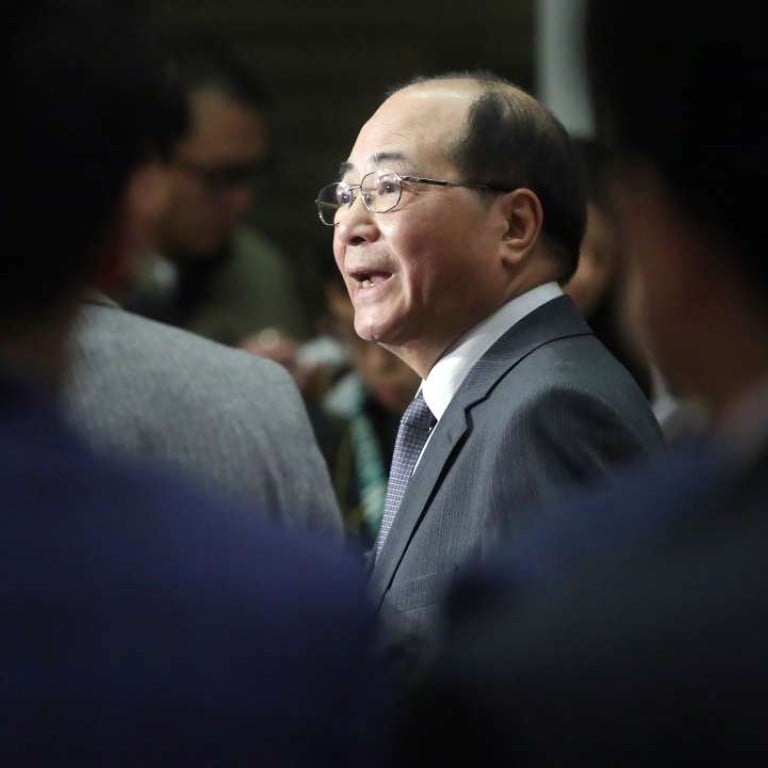
Nine Hong Kong schools chosen for pilot scheme to prevent student suicides
Committee studying student deaths recommends extra funding, training and support services to identify and tackle problems following 34 student suicides over last three school years
Hong Kong will launch a pilot scheme in nine schools in the next academic year to prevent student suicides after an official committee tasked to study the troubling issue found that 85 per cent of such cases involved relationship problems with peers and family.
The Committee on Prevention of Student Suicides submitted its progress report to the education minister on Friday, recommending 11 preventive measures including nursing support and extra funding for schools.
The committee was formed in late March following a wave of student suicides in the last school year.
Secretary for Education Eddie Ng Hak-kim said his bureau hoped to “take special measures” and make arrangements to match “the needs of schools and students”.
But educators and parents’ concern groups said the committee’s report still failed to tackle the root of the problems stemming from the education system.
The committee, chaired by the University of Hong Kong’s Professor Paul Yip Siu-fai, conducted an unprecedented analysis of the 34 student suicide cases between September 1, 2013 and April 30 this year.
About 85 per cent of the cases, covering youngsters aged 10 to 20, involved relationship problems, mostly concerning family issues such as conflicts with parents.
About 60 per cent of cases involved school adjustment issues, such as transferring to a new environment or repeating a grade.

“The data showed that reasons behind each student suicide case were very complicated,” Ng said. “More than 90 per cent of cases were in fact caused by multiple factors.”
Half of the 11 measures will be introduced from the start of the coming school year, before the release of a full report in late October.
The two-year pilot scheme, to be run jointly by multiple departments including the Food and Health Bureau and the Education Bureau, will boost support in schools for students with mental health needs.
“I think it is very important that teachers, social workers as well as parents can be trained so that they will be more confident and have the necessary knowledge to identify the symptoms of students who have some emotional problems,” health minister Dr Ko Wing-man said.
“They could pick up the problematic students at an early stage to allow prompt intervention.”
Two senior psychiatric nurses from the Hospital Authority will pay regular visits to the nine schools taking part in the first phase, to assess students’ mental health and offer consultation to teachers and parents.
Each school can seek a maximum HK$150,000 in funding to host activities to raise the fun factor, boost morale and help people unwind.
Teachers will also receive “gatekeeper training” to learn how to identify students with problems.
Fung Pik-yee, principal of the Aplichau Kaifong Primary School in Ap Lei Chau, was unimpressed.
“The report did not identify the root of the problem, which is the immense pressure in the exam system now,” Fung said.

